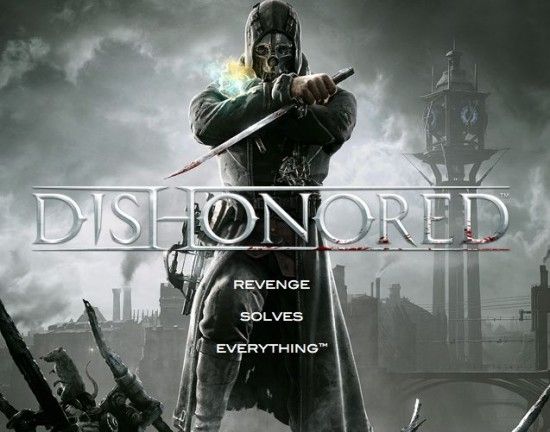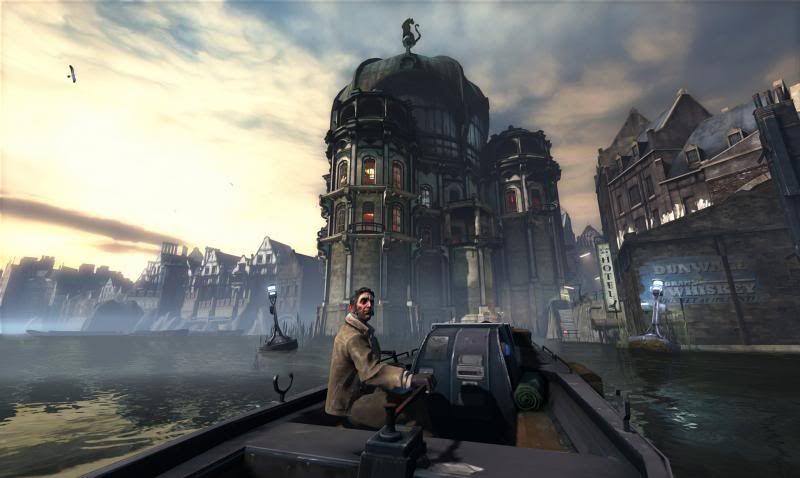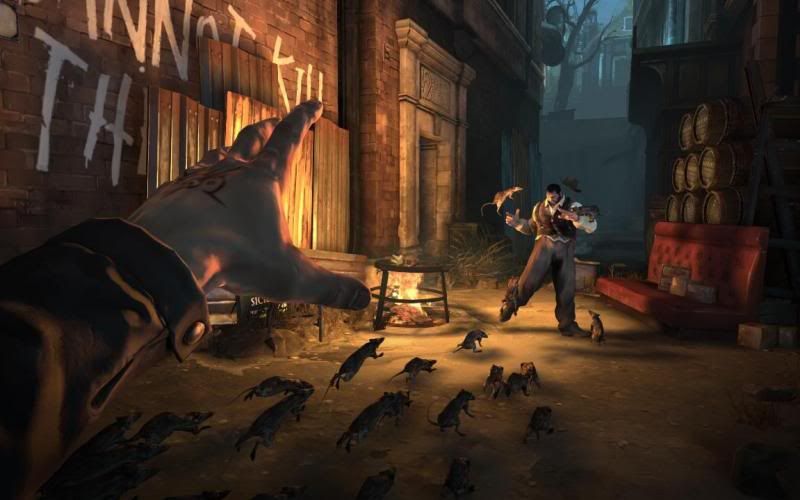
Assassination is a selfish, cowardly act.
Case in point: last night, a rhino was assassinated.
The term is usually applied to an individual of prominence, for fame or a political end, but I feel that doesn’t encompass the full depravity of the act. Assassination is murder for profit. Plain and simple. And Vince’s assassination is a prime example. It was for the ivory in his horn. Nothing more.
The rhino didn’t do anything wrong. It was just, you know, being a rhino.
And that’s why it was killed.
The assassins plan to profit from this murder. Ivory sells well on the black market. The nature of our capitalist society motivated these people to murder an innocent, unaware creature. Vince died confused and scared and bleeding out.
Does that seem right to you?
Imagine if the rhino were a person. They were going about their business. Maybe worrying about bills, or looking forward to a date, or making plans to find some way to a better future. Gunshot. Snap. Nothing more in this world. The corpse will feed the worms, the murder will feed someone’s financial or political greed.
Does that seem right to you?
Now imagine the person’s character being assassinated. Their body lives, but they are assaulted on a social and emotional and mental level. They are called all sorts of names, made out to be someone they’re not. The things said and done to them make them question their sanity. Their way forward is suddenly illuminated solely by gaslight. Without help, support, and love, they may go mad. Collapse in on themselves. They might even take their own life just to end the pain and confusion. And all the while, the people who did it to them profit from it. They look better, even righteous, by comparison. They get whatever they want from that person’s agony. Some of them might even laugh about it.
Does that seem right to you?
Superpowers are engaging in assassination on a regular basis. And worse, they’re getting more bold and blatant about it. Speak out against the state, get shot in the street. Express a contrary opinion, get reduced to a joke and rendered impotent and metaphorically disemboweled. Try to be the change you want to see in the world, die physically by way of bullet or blade, or die in the eyes of the public by slander and lies.
Worse, the systems in place to protect us from this are failing. Like the walls and fences of the zoo in France, the agencies that police malicious activity and are sworn to our safety turn a blind eye to the misery and death that plague the innocent. We’re left in the cold while those in power count their coffers and laugh at our pain.
To paraphrase Rachel Maddow, it’s becoming apparent that we have to take care of ourselves.
We have to be loud. We have to stand up for ourselves, and for one another. We have to fight back against the forces that would slay and disempower and belittle and rape us. We have to say “NOT THIS TIME” as clearly as possible. We have to insist on facts, not hearsay, not gossip, not slander, facts. And we have to do it every day, every hour if we have to.
The media has tried to romanticize assassins. Games, movies, other media; they like to portray and exemplify the righteous killer. But the truly righteous thing is not to fire the bullet. It is to take that bullet for someone who’d otherwise die.
Because if we do not put ourselves in the line of fire, nobody will be left to do the same for us.
I, for one, would rather choose to work hard and even suffer in order to secure a better future for the good of all the people around me, than be made to suffer for the selfish benefit of one short-sighted person.
I’m tired of living in fear. I’m tired of jumping at my own shadow. I’m tired of seeing wounds nobody else can see.
But I’m not done fighting.
And I won’t be for as long as I’m still alive.
Wednesdays I wonder at the world in which we live.





